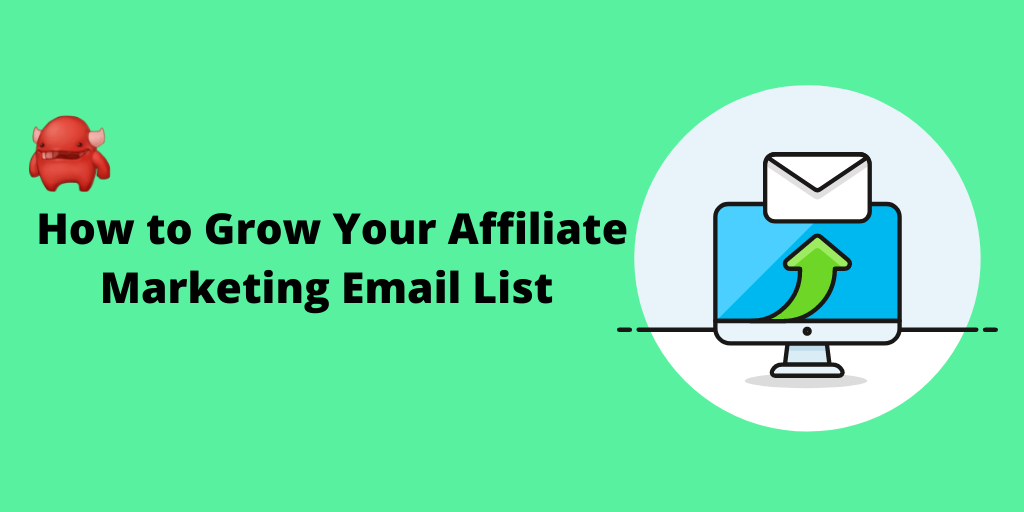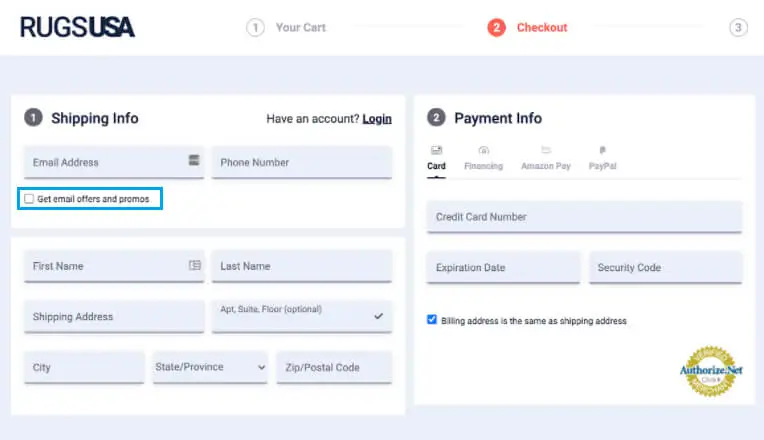New Strategies On Deciding On A Oncologist Email list
Wiki Article
What Do I Need To Consider When Buying The Hospital Chief Executive Email List?
A careful look is required when buying an email list of the CEO at a hospital to ensure that the data is reliable and accurate. It must also comply with all requirements of the law. These are the most important considerations: Data Accuracy and Quality
Data source: Check that the list provider is based on reliable sources. A reliable database can lower the chance of inaccurate information.
Verification Process: Check the frequency with the rate at which data is changed. Not validating emails can result in a high bounce rate that can adversely affect your marketing efforts and reputation.
Segmentation: Make sure that you can segment the list according to geographical location, hospital size, type (public or private) or by specialization. Marketing that is targeted is more efficient than broad-based marketing.
Email Deliverability - Check if the service guarantees delivery rates. A high bounce rate can adversely affect the reputation of your domain as an email sender.
2. Legal Regulations
Data Privacy Laws: Be certain the email list you are using is compliant with the regulations, such as the General Data Protection Regulation (GDPR) in Europe or the California Consumer Privacy Act (CCPA) in the U.S. Be sure that all data collected has been consented to and is used in a responsible manner.
CANSPAM Act : If are located in the U.S.A. make sure that your list is compliant with the CANSPAM Act. It governs commercial email. If you do not conform, there could be penalties.
Make sure that the CEOs have given permission to send emails. If you send emails to people who are not invited, it could result in penalties and damage to your reputation.
3. Provider Reputation
Testimonials and reviews. Find out about the reputation of a provider by reading online reviews, case studies, and testimonials. Find positive reviews from other buyers within similar sectors.
Transparency: Ensure that the provider is transparent in how data is collected, updated, and maintained. Beware of providers who are unable to describe how they collect information.
Customer Support: Look for companies that provide a robust level of customer service. There may be a need for assistance in modifying your data, navigating technical issues, or understanding legal obligations.
4. Cost and Value
Pricing Model: Different service providers have various pricing structures. (For example they might offer pay-per-lead models, subscriptions, or flat costs). Compare the options to ensure that the price is within the budget and expected return on your investment (ROI).
Refund Policy: Choose an online service that has an option for refunds or replacements for inactive emails or contact numbers that do not meet your requirements.
Additional Services: Many companies provide additional services, such as email management, or CRM integration. These extra services can be very beneficial for your business.
5. Data Usage
Exclusive vs. Shared Lists: Determine if your email list is exclusively for your business or shared with multiple buyers. A shared list could result in audience fatigue due to over-contact. An exclusive list, however, will result in more engagement.
Licenses and Ownership: Know whether you are the owner of the data once you purchase it or when it's a once-use license. The continuous access may be required for recurring payments or licenses.
6. Data Integration and Format
CRM Compatibility: Look to see if your list of emails is seamlessly integrated into your CRM software or email marketing software. Formats like CSV and Excel are supported by numerous platforms.
User-Friendliness: Consider the ease with which you can manage, filter, and segment the data after buying it. The data that is complicated and requires extensive manipulation could be not worth the expense.
7. Ethical Considerations
Hospital CEOs have busy schedules. Make sure that your outreach is helpful and pertinent to their job. A message that is irrelevant or intrusive can hurt your reputation.
Avoid flooding recipients with multiple messages can be viewed as spam, and could damage your email sender reputation. Plan a timely, strategic campaign to prevent the problem.
Conclusion
When approached strategically, buying an email list of hospital CEOs may prove to be a smart investment. To ensure that your campaign is efficient and well received you must consider the quality of your data and compliance with the laws and their importance. Research your provider carefully and make sure you understand the terms and conditions of use of data to ensure the highest return on investment and ethical standards. Check out the most popular hospital ceo email list for site advice.

What Do I Need To Be Thinking About When Buying An Urgent Care Email List?
If you're considering purchasing an email urgent care list, make sure to take into consideration a number of factors. This includes whether the list is accurate as well as efficient and legal and also pertinent to your business's goals. Here are key considerations. Data Quality and Accuracy
Source of the Data You must ensure that your service collects its information from reliable sources like medical association databases, professional directories, or health databases. Avoid lists compiled by scraping or employing unreliable techniques. These may include inaccurate or outdated data.
Verification procedure: Confirm that the list of email addresses is regularly updated and validated. A reliable provider follows strict verification procedures to get rid of invalid, outdated or duplicate email addresses. This will guarantee high delivery and lower bounce rates.
Segmentation & Targeting Segmentation and Targeting details such as the location of the facility (e.g. city, state, or region) as well as its size and any particularizations (e.g. diagnostics and pediatrics, etc.)) and roles of key decision-makers (e.g. doctors and practice owners). Lists that are targeted improve the outreach of your organization and improve engagement.
2. Compliance with Legal Regulations
Data Privacy Laws: Ensure the compliance of local and national regulations, such as the California Consumer Privacy Act, that is in force to the U.S.A. and also as the relevant European data protection laws. Email addresses need to be collected legally and with consent.
CAN-SPAM Act Compliant: Marketing email campaigns in the U.S. are required to conform to the CANSPAM Act. This includes providing a clear opt-out mechanism, avoiding false subject lines, and including your physical address in emails. Infractions could lead to penalties and could damage your company's reputation.
Opt In Consent: Ensure the email addresses you have on your list are obtained through explicit opt-in consent. This means that the recipients consent to being targeted by third organizations for marketing purposes. This can reduce the likelihood of spam and legal complaints.
3. Provider Reputation
Select a reputable provider: A proven record of providing a high-quality and reliable email list is a good indicator. To evaluate the reliability of a provider and their customer satisfaction, check reviews, testimonials and case studies.
Transparency: The provider should be clear about how the data was sourced and when it's changed. It could be an indication of low-quality data when the provider is unable to provide precise information about their data collection methods.
Support for customers is essential when your business requires help with compliance concerns or technical issues, or even customizations. A responsive provider can ensure that you receive the best benefit from your email list.
4. Return on investment (ROI) and cost
Pricing Models: Email lists suppliers generally offer different pricing structures such as pay-per-contact and flat charges. Pricing models should be compared with your marketing budget, as well as ROI expectations. You must balance the price of the list against the accuracy and quality of data.
Refund or Replacement Policy: Reputable service providers usually offer an option to return or replace the item if a significant part of the email addresses are inaccessible or invalid. Be sure to understand the conditions and terms of the policy prior to you purchase.
Value for Money - Rather than go with the most affordable option take a look at lists that contain precise data or a detailed segmentation. By investing your money into a quality list will boost the rate of engagement and offer you a higher return on the investment.
5. Data Use and Ownership
Multiple-Use or Single-Use? Find out whether you are able to use this list only once in a campaign or a number of times. Lists that are multi-use can are more valuable, especially in the event that they are utilized for continuous outreach efforts.
Shared vs. Exclusive lists: Determine whether the list is exclusive to your business or shared with other buyers. Shared Lists Identify if this list belongs to you only or shared with other buyers. Shared lists can lead to list fatigue since recipients could receive numerous advertising messages. Engagement rates will decline.
6. Data Integration and Format
CRM Compatibility: Ensure that your email list is sent to you in a format that is compatible with, such as CSV (Comma Separated Values) or Excel. This will facilitate a seamless integration and allow you to start your campaign in a short time.
Usability: Your email list should allow you to easily segment the emails based on your own criteria. An organized list will improve the effectiveness of targeting and personalization.
7. Ethical Questions
Relevance and value of content Content's value and relevance: Urgent care providers are busy professionals, therefore the information you send out should be helpful and pertinent. You should tailor your message to meet their particular needs, such as medical equipment, supplies or technology for healthcare that is compatible with operations in urgent care. Unrelated content could harm your brand's image and cause less engagement.
Avoiding Spam Be aware of the frequency you send emails. Sending unsolicited emails or over-emailing can result in spam complaints, as well as damage to your reputation as the sender.
We also have a conclusion.
Focus on the accuracy of data, legal compliance and reputation when purchasing an urgent-care email list. Make sure the list is properly segmented, frequently updated, and in compliance with the privacy laws. Utilizing an appropriate, high-quality list and delivering content that's relevant, you can maximize engagement, and increase the ROI. Read the expert urgent care email list for blog info.
